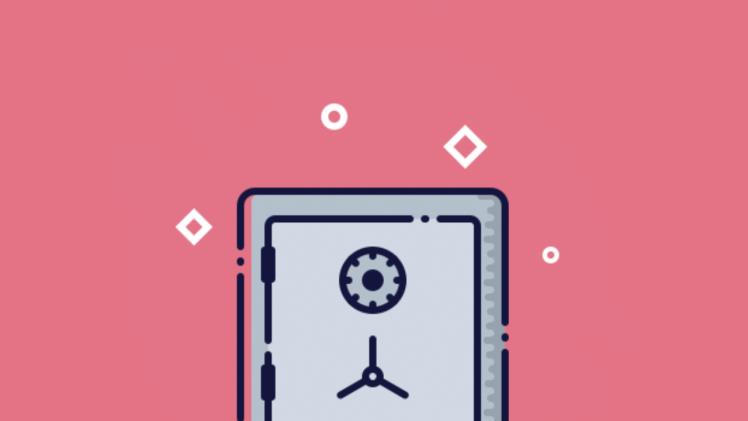Every website owner needs to know a lot about WordPress security. Google puts around 10,000 or more websites on its blacklist every day for having computer viruses and around 50,000 websites every week for phishing. Even though the core software of custom WordPress websites is very safe and is regularly checked by lots of developers, there is still a lot you can do to keep your site safe.
If you care about your website, you should pay attention to the best practises for WordPress security. In this guide, we’ll show you the best WordPress security tips to keep hackers and malware off your site.
1. Update WordPress Regularly:
Every time a new version of WordPress comes out, it gets better and its security gets better, too. When a new version comes out, a lot of bugs and security holes are fixed. Also, if a particularly dangerous bug is found, the people who work on the core of WordPress will fix it right away and force a new, safer version. If you don’t keep up-to-date, you could be in danger.
2. Update your Themes and Plugins:
Same thing with plugins and themes. You should update your custom WordPress website current theme and any plugins you use. This helps you avoid security holes, bugs, and other places where security could be broken. Just like with most software, there may be times when certain plugins are broken into or security holes are found in them.
3. Require & Use Strong Passwords:
Along with getting an SSL certificate, one of the first things you can do to protect your website is to use and necessitate strong passwords for all logins. It could be tempting to utilise a password that you already know or that is easy to remember, but doing so places you, your visitors, and your webpage at danger.
Your chances of being hacked go down if you make your passwords stronger and more secure. A cyberattack is less likely to happen to you if your password is strong.
4. Run Frequent Backups:
One way of protecting your custom WordPress website is to maintain a regular backup of your webpage and any important files. The worst thing that could happen to your website is that you don’t have a backup. Make sure to back up your site often. So, when something does happen to your webpage, you can easily recover an old version of it and get it back up and running faster.
5. Never Use the “Admin” Username:
Because “admin” is such a common username, it is easy to guess, which makes it a lot quicker for scam artists to trick individuals into giving away their login information. Never use the username “admin.”
When you do this, you leave yourself open to brute force attacks and social engineering frauds. Just like having a strong password, using a different username for each login is a great idea because it tends to make it harder for hackers to figure out your login information.
6. Run a Security Scanning Tool:
There might be a problem in your custom WordPress website that you didn’t know about. It’s smart to use tools that can find and fix security holes for you. The WPScan plugin checks the core files, plugins, and themes of WordPress for known flaws. When new security holes are found, the plugin will also send you an email.
7. Install A Security Plugin:
WordPress plugins are a wonderful way to swiftly add great functions to your webpage, and there are many great safety plugins available. By installing a security plugin, you can protect your website in more ways without putting in much extra work. Look through this list of suggested WordPress security plugins to get you started.
- All In One WP Security & Firewall
- Wordfence Security – Firewall and Malware Check
- iThemes Security
- Jetpack – Security, Backup, Speed, and Growth for WordPress

